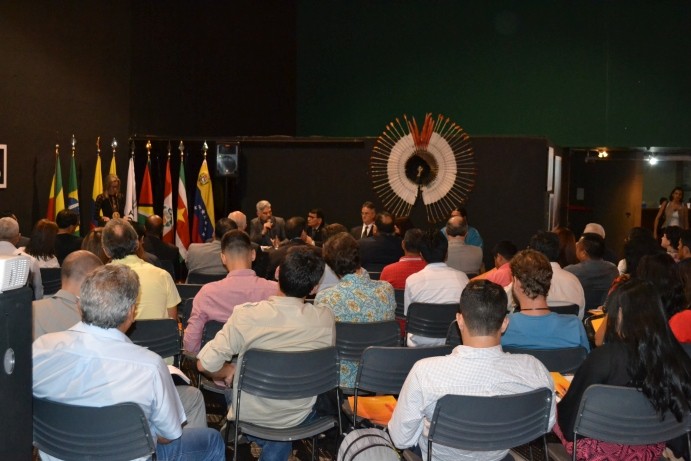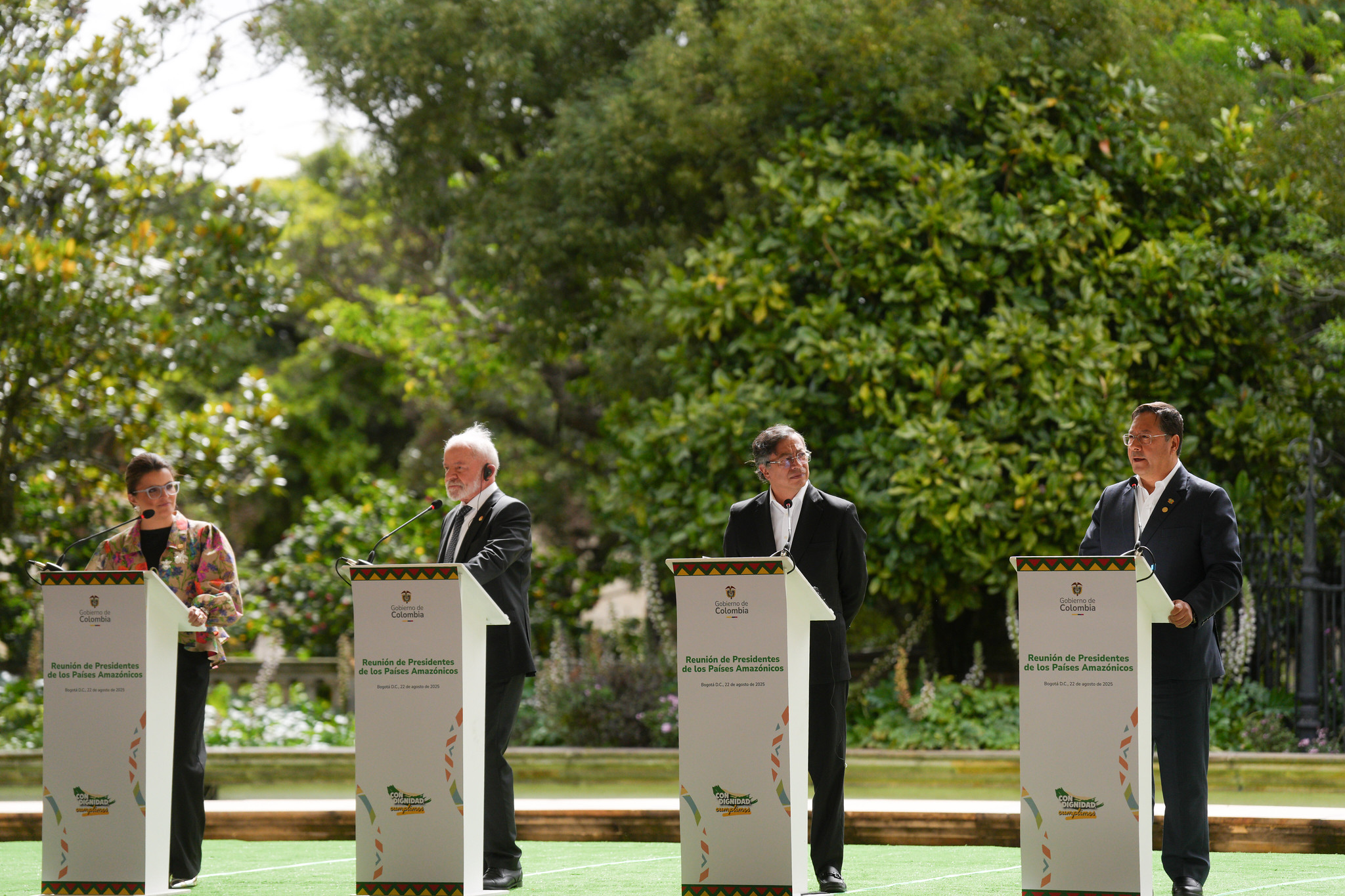Brasilia, May 18 2017. – A activity plan between Brazil and Ecuador for the strengthening of assistance and the health surveillance of indigenous peoples in isolation and initial contact (PIACI) and knowledge exchange – technologies and protocols– in the fight against Scorpions on land and indigenous territories are the results of “Regional Workshop for exchange of information and experiences of protection in health”, which ended today, in Brasilia.
This instrument focuses on the participatory elaboration of the plan, the exchange of fieldwork experiences with the PIACI, the development of health surveillance actions–based on a document proposed by the Amazon Cooperation Treaty Organization (ACTO)-, the systemization of experiences for the identification of good practices and the evaluation of results in health indicators prioritized in the plan.
This regional event, which begun on May 15, brought together delegates from indigenous health institution and indigenous issues in Bolivia, Brazil, Colombia and Ecuador, Peru and Venezuela, as well as experts in health care in areas inhabited by the PIACI, was held by the ACTO, with the sponsorship of the Federative Republic of Brazil, the financing of the Inter-American Development Bank (IDB), the support of the Pan-American Health Organization (PAHO/WHO), and the Memorial of the Indigenous Peoples of Brasilia.
In this opening discussion, the secretary general of the ACTO, Ambassador María Jacqueline Mendoza explained the role of the organization as a facilitator and articulator of this discussion on regional strategies to protect the rights of the PIACI in the Pan-Amazon. The ceremony took place at the Memorial of the Indigenous Peoples and the Ambassadors of the ACTO Member Countries, the indigenous and civil society representatives specializing in this issue participated.
During the meeting, information was exchanged on health situation of isolated indigenous peoples and in initial contact, based on experiences of epidemiologic surveillance and assistance. It has been observed that diseases such as tuberculosis, leishmaniasis, leptospirosis, acute respiratory infections are the most common in the area, in addition to the effects of mercury contamination, among others.
The program prepared jointly by Permanent Secretariat of the ACTO and the Special Secretariat of Indigenous Health (Sesai), with the support of the National Indian Foundation (FUNAI), aimed to prepare recommendations for health care in situations of post-isolated groups and in initial contact. Therefore, it proposes a methodological tool to coordinate epidemiological surveillance actions that the countries develop with the indigenous peoples and that contribute to determine the impact of the diseases on the health and well-being of the communities in the border regions in the ACTO Member Countries.


